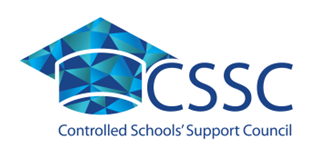A-Level Theatre Studies
What will your child need?
Are there times of year that are particularly busy?
- A file or hardback book
- Access to the Internet (in school or at home)
- A quiet place to study/ learn lines
- Flexibility with regards to after-school rehearsal
- The pre-Easter period is particularly busy in the run-up to the practical examination. Stress can be minimised by lines being learned early and props/costumes being organised well in advance.
- There will also be the pressure of deadlines for the completion of supporting notes at this time.
- Pupils must remember that they need to make up for time missed due to Spring Concert rehearsals and consider the impact of commitments outside school in order to avoid being over-burdened.
What sort of home study will they be expected to do?
- Practice essays
- Pre-reading / annotation of scripts
- Line learning
- Group rehearsals
- Procurement of costumes / props
What support will your child receive?
- They will set an agreed target grade and review their progress in this in January and April.
- They will be guided towards selecting a text for performance that takes into account their individual strengths.
- They will have the opportunity to rehearse after school, with teacher support, on any pre-arranged day.
- They will have the opportunity to draft and re-draft supporting notes in order to reach their potential.
- They will be encouraged to complete extra essays in preparation for the examination, and they will be invited to attend revision classes during the study period.
Is there anything else you need to know?
Theatre Studies is a unique subject in that students are very much reliant on each other for a considerable portion of their marks. It is therefore vital that the work ethic is a shared one and that pupils enable each other to succeed by being flexible and co-operative with regards to rehearsal times. The level of commitment shown by each pupil will be directly reflected in their final practical mark.
